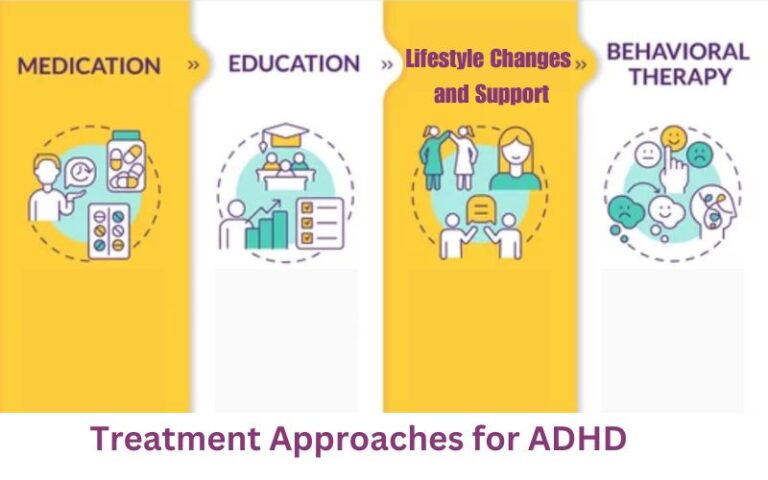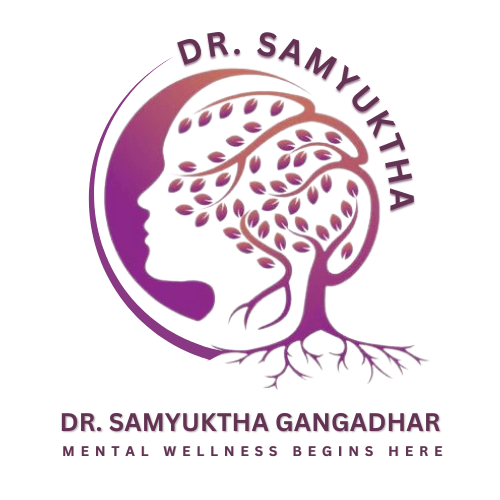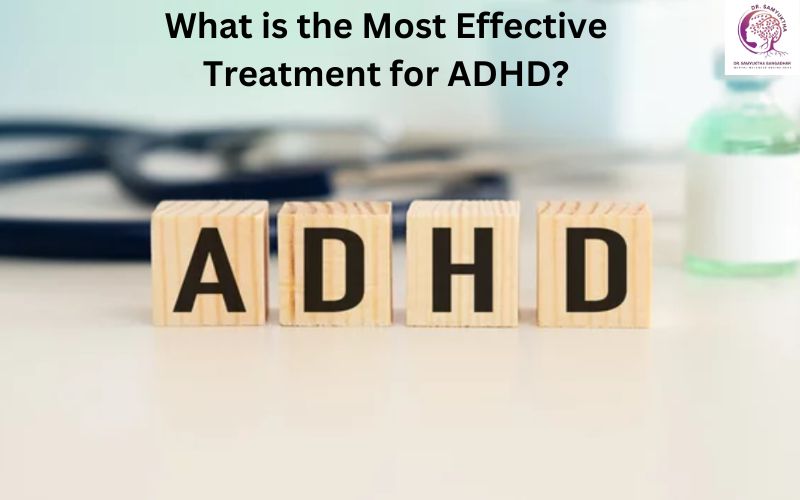Introduction
Attention Deficit Hyperactivity Disorder (ADHD) is a multifaceted neurodevelopmental condition marked by enduring patterns of inattention, hyperactivity, and impulsivity. It affects millions of individuals worldwide, influencing various aspects of daily life. Managing ADHD effectively involves more than just addressing symptoms; it requires a comprehensive approach tailored to each individual’s unique needs. This blog post will explore the most effective ADHD treatments, incorporating recent research, expert opinions, and practical advice to provide relief from ADHD symptoms and enhance overall well-being.
Understanding ADHD Symptoms
ADHD symptoms are typically divided into two main categories: inattention and hyperactivity-impulsivity. These symptoms can vary in severity and impact from person to person.
Common signs of inattention include:
- Difficulty sustaining attention in tasks or play
- Making frequent errors in schoolwork or other tasks
- Trouble organizing tasks and activities
- A tendency to avoid or hesitate to participate in tasks that demand prolonged mental effort
Hyperactivity-impulsivity symptoms might include:
- Fidgeting or tapping hands or feet
- Inability to stay seated
- Excessive talking and interrupting others
- Difficulty waiting for one’s turn
Understanding these symptoms is crucial for determining the most effective treatment strategies.
Proven Treatment Approaches for ADHD
Treating ADHD typically requires a multifaceted approach that includes medication, behavioral therapy, and lifestyle modifications. The effectiveness of each treatment varies depending on the individual’s age, symptom severity, and personal circumstances.

1. Medication
Medication is often a cornerstone of ADHD treatment. The primary types of medications used include stimulants and non-stimulants.
Stimulant Medications: Stimulants are the most commonly prescribed drugs for ADHD and have been shown to be effective in reducing symptoms in about 70-80% of patients. They work by increasing the levels of certain neurotransmitters in the brain, such as dopamine and norepinephrine. Examples include:
- Methylphenidate (Ritalin, Concerta): This medication helps improve attention and focus by affecting the brain’s neurotransmitter systems.
- Amphetamines (Adderall, Vyvanse): These drugs enhance the release of neurotransmitters and help improve impulse control and attention.
Non-Stimulant Medications: For those who do not respond to stimulants or experience unacceptable side effects, non-stimulant medications may be used. These include:
- Atomoxetine (Strattera): A selective norepinephrine reuptake inhibitor, which is effective for many individuals and can have fewer side effects than stimulants.
- Guanfacine (Intuniv) and Clonidine (Kapvay): Alpha-2 adrenergic agonists that can help with hyperactivity and impulsivity.
2. Behavioral Therapy
Behavioral therapy is an important component of ADHD treatment, especially for children. This therapy focuses on modifying specific behaviors and developing skills to manage symptoms. It often includes:
- Parent Training: Educating parents on effective strategies to manage their child’s behavior, establish routines, and reinforce positive behavior.
- Cognitive Behavioral Therapy (CBT): A form of therapy that helps individuals with ADHD develop coping strategies, improve organizational skills, and address negative thought patterns.
3. Lifestyle Changes and Support
Alongside medication and therapy, incorporating lifestyle changes can significantly contribute to managing ADHD symptoms:
- Diet and Nutrition: A balanced diet with regular meals can help stabilize energy levels and improve concentration. Some studies suggest that certain dietary changes, such as reducing sugar and increasing omega-3 fatty acids, may have a positive impact on ADHD symptoms.
- Exercise: Regular physical activity has been shown to improve attention, executive function, and mood in individuals with ADHD. Activities like aerobic exercises, martial arts, and team sports can be particularly beneficial.
- Sleep: Ensuring adequate and quality sleep is crucial for managing ADHD symptoms. Establishing a consistent sleep routine and addressing any sleep disorders can help improve attention and behavior.
4. Educational Support
Educational interventions are also vital in managing ADHD. Schools and educational settings can provide accommodations and support, such as:
- Individualized Education Programs (IEPs) or 504 Plans: These plans outline specific accommodations and modifications to help students with ADHD succeed academically.
- Tutoring and Specialized Instruction: Extra help in areas where a student may struggle can be beneficial. Strategies might include breaking tasks into smaller steps, providing extra time for assignments, and using organizational tools.
Expert Insights: Dr. Samyuktha Gangadhar
Effective management of ADHD requires a personalized approach that combines medication, therapy, and lifestyle adjustments. Successful treatment involves tailoring strategies to fit the unique needs and symptoms of each individual. Collaborating with healthcare professionals and continuously monitoring and adjusting treatment plans can significantly enhance outcomes for those with ADHD.
Conclusion
ADHD is a multifaceted disorder that requires a nuanced treatment approach. Combining medication, behavioral therapy, lifestyle changes, and educational support offers the most comprehensive strategy for managing ADHD symptoms. Collaborating with healthcare professionals like Dr. Samyuktha Gangadhar can help ensure that treatment plans are effective and personalized. By understanding and addressing the various aspects of ADHD, individuals can improve their quality of life and achieve better outcomes.
For more information on ADHD treatment options and to explore how Dr. Samyuktha Gangadhar can assist with personalized care, visit Pushpa Mindcare’s ADHD Treatment in Bangalore and Kolkata.
FAQs
Yes! With personalized ADHD treatment at Pushpa Mindcare, individuals can thrive and lead fulfilling lives. Our tailored approach helps manage symptoms effectively.
ADHD is manageable, not curable. Pushpa Mindcare offers customized treatment plans combining medication, therapy, and lifestyle changes to help you live well with ADHD.
The most effective support includes a blend of medication, therapy, and lifestyle adjustments. Pushpa Mindcare provides a comprehensive approach to help manage ADHD symptoms and improve your quality of life.

